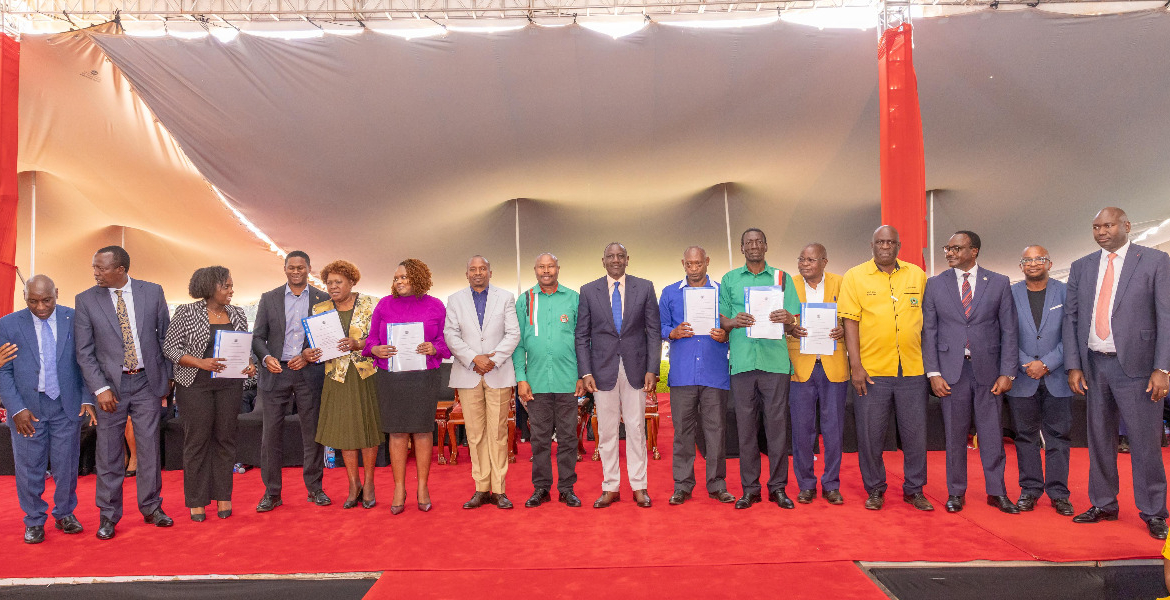Day School Funding Falls to Lowest Point Since Uhuru’s Presidency

The Free Day Secondary Education (FDSE) programme in Kenya is experiencing a significant funding deficit, with per-learner allocations at their lowest level in seven years.
This has prompted concerns among school administrators and education officials.
The Ministry of Education has disbursed Sh15,614 per student, a considerable reduction from the anticipated Sh22,244. This shortfall is the lowest allocation since the capitation increase in 2018. The delay in releasing the third tranche of funds is considered a primary cause.
The Ministry is auditing school enrolment data after concerns were raised by the Auditor-General regarding potential inflation of student numbers. Schools with verified records have received partial payments, but no formal clarification on the total allocation or guidance on its use has been issued.
Typically, FDSE funds are distributed in three instalments, following a 50:30:20 ratio. School principals report that the latest payment is below expectations, with some institutions receiving only Sh3,324 per learner this term. This is considerably less than the Sh4,448 benchmark. In regions such as Samburu and Northern Kenya, schools are experiencing deficits exceeding Sh6,000 per student, causing substantial financial pressure.
The total disbursements to date, comprising Sh4,409 in February, Sh4,409 in March, and Sh3,471 in May, have been insufficient to cover operational needs, especially with national examinations approaching. President William Ruto acknowledged the delays at State House Nairobi.
He attributed them to a structural discrepancy between Kenya’s financial year (July–June) and the academic year (January–December). The President has instructed the Cabinet Secretaries for Education and National Treasury to develop a long-term solution by December.
The verification process, overseen by the Ministry, has been hindered by technical issues, including internet disruptions and inconsistencies in submitted school data. Prof Julius Bitok, Principal Secretary for Basic Education, confirmed that some institutions submitted duplicate or inaccurate enrolment figures, complicating the audit.
Over Sh13 billion has been released to schools that passed verification, with 20,000 out of 32,000 institutions expected to be cleared by the end of the week.
The lack of transparency and funding delays have diminished confidence in the FDSE programme.
School heads caution that the initiative’s credibility is at risk, as mounting debts and operational constraints threaten learning. Some schools have been forced to operate without electricity, compromising educational quality and disadvantaging vulnerable students.








Add new comment